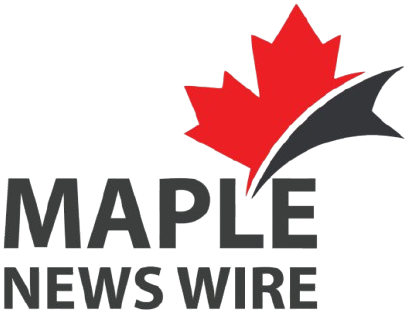Eby Sends a Clear Message: Canadians Still Value Americans
British Columbia Premier David Eby took to Fox News this week with a message aimed directly at both the American public and the U.S. administration. In the face of ongoing trade tensions and political uncertainty, Eby was unequivocal when asked if Canadians still like Americans.
“We love Americans,” Eby said plainly. He emphasized the deep family ties and longstanding business relationships that bind the two countries. However, he acknowledged the current difficulties, likening the relationship to a “good friend in a bad relationship,” yet underscored that these challenges do not diminish Canadians’ positive feelings toward their southern neighbours.
Aligning with Prime Minister Carney’s White House Visit
Eby’s remarks echoed the tone set by Prime Minister Mark Carney during his recent meeting with President Donald Trump. Carney’s visit to the Oval Office marked a step toward resetting the Canada-U.S. relationship amid tariff disputes and trade uncertainties.
Eby noted that Carney briefed provincial premiers following the meeting, sharing a consensus that the discussions were constructive and that President Trump showed respect toward the Canadian prime minister. This renewed engagement offers hope for progress on critical trade issues.
Softwood Lumber and Film Industry Tariffs Take Center Stage
Among the pressing topics raised by Eby and other premiers were tariffs impacting British Columbia’s key industries, including the softwood lumber sector and the film and television industry. Eby expressed optimism that the softwood lumber dispute could become a catalyst for broader trade negotiations benefiting both countries.
He highlighted the potential for Americans to gain access to more affordable building materials, while Canadian producers could see economic growth. The premiers urged continued advocacy from Carney to protect these vital sectors.
A Relationship Tested but Not Broken
Despite the backdrop of a trade war and tariff impositions, the tone between the leaders remains civil. Trump praised Carney’s election victory and called him “a very talented person,” signaling a willingness to engage.
Eby’s candid reflections and Carney’s diplomatic approach suggest that while challenges persist, the foundation of friendship and mutual respect between Canada and the United States endures. Both leaders appear committed to ongoing dialogue, aiming to navigate the complexities of trade and sovereignty with a spirit of cooperation.
As Canada and the U.S. work through their differences, British Columbians and Canadians alike watch closely, hopeful that collaboration will prevail over conflict.




